Joint pain, tenderness and swelling is a common issue within today’s population. But do you know what is causing your pain? Learn about the most common forms, including what they are, what happens and their symptoms.
The most common types of arthritis include osteoarthritis (OA), rheumatoid arthritis (RA) and psoriatic arthritis (PsA). There are also chronic pain conditions which are often associated with arthritis, two in particular are fibromyalgia and polymyalgia. All of these cause pain in different ways.
Osteoarthritis (OA)
- Deep aching pain
- Pain when walking
- Stiffness after resting
- Trouble dressing, combing your hair, gripping things
Osteoarthritis is the most common type of arthritis that people have. It is your typical ‘wear and tear’ condition. OA tends to occur with age but can also be caused or exacerbated by extra stresses on your joints, such as obesity or joint injuries caused by over use or trauma.
OA commonly affects the weight bearing joints such as your spine, hips, knees and feet. It is a gradual process over months or years. Cartilage is the material that covers the ends of your bones and acts as a shock absorber and lubrication against impact to the joint surfaces. This cartilage gets damaged and breaks down making movement more difficult and painful.
Symptoms depend on the severity and which joint is affected. You may experience:
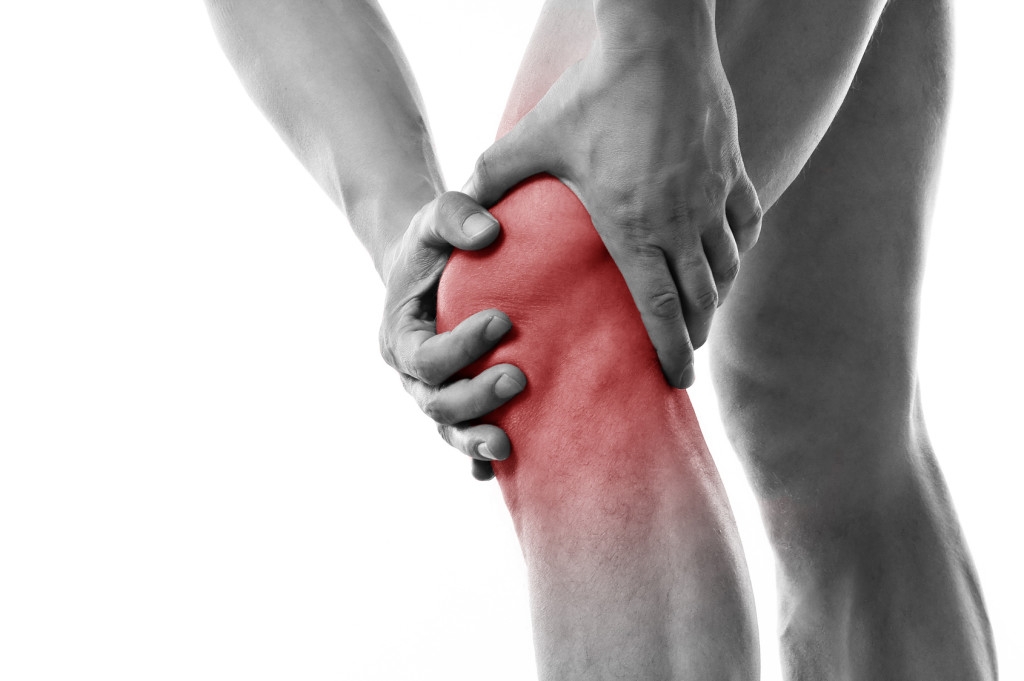
- Bending over, squatting or climbing stairs
- Morning stiffness that lasts less than 30 minutes
- Warmth or swelling around the joint
- Decreased range of motion
Rheumatoid Arthritis (RA)
RA is an autoimmune condition. Your immune system protects the body from bacteria and viruses but with RA the immune system becomes overactive and attacks healthy tissue particularly the synovium in the joints. This leads to inflammation resulting in severe joint damage if untreated. Doctors don’t yet know what causes the immune system to go awry. The joints normally affected are knuckles, elbows or heels.
Symptoms are often more severe than those with OA. They can come on gradually or start suddenly
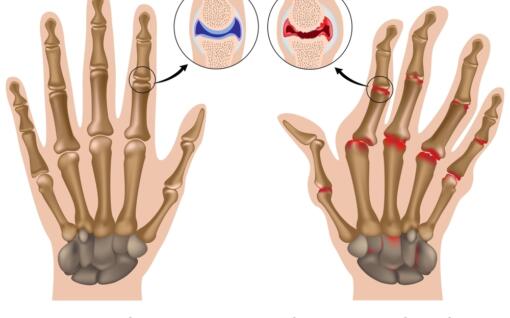
- Morning stiffness lasting more than 30 minutes
- Pain, stiffness and swelling in hands, wrists, elbows, shoulders, knees, ankles, feet and neck
- More than one swollen joint. Often small joints in your wrists or feet.
- A symmetrical pattern, affecting both hands or both wrists etc.
- 1 in 5 get lumps on their skin called rheumatoid nodules
- Other symptoms include loss of appetite, fatigue
or low-grade fever
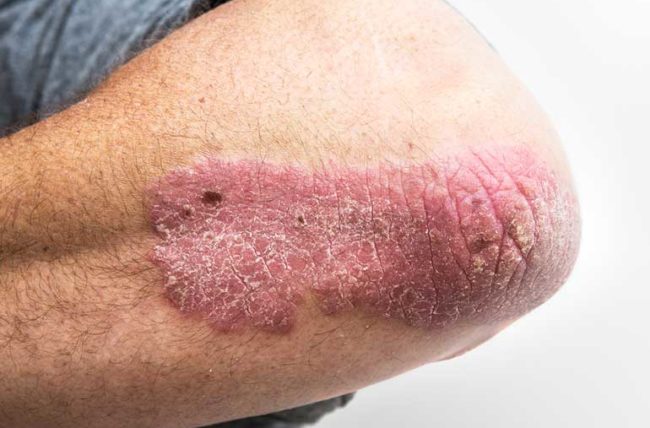
Psoriatic Arthritis
Psoriatic arthritis is another autoimmune causing inflammation of the skin
(psoriasis) and joints (arthritis). This type of arthritis is normally ages
30-50, and is just as common in men as it is in women. Psoriasis causes red and
white, patchy, raised areas of inflamed skin with scales. Normally on the
elbows, knees or scalp. The arthritis can swell the fingers and toes, your
fingernails may also be pitted or discoloured.
Fibromyalgia
This is a chronic pain condition that causes pain all over the body. The brain and spinal cord process pain signals differently and inappropriately. A little movement that would not normally cause pain can be very painful to those experiencing fibromyalgia. Painful stimulus would also be heightened. The exact cause is unknown but the condition seems to be triggered by a physically or emotionally stressful event such as injury, an operation, giving birth or the death of a loved one. Women are 7 times more likely to be affected than men.
Widespread pain is the pain characteristic but other symptoms include:
- increased sensitivity to pain
- fatigue
- muscle stiffness
- difficulty sleeping
- headaches
- cognitive problems (feeling foggy)
- irritable bowel syndrome (IBS)
Polymyalgia
Rheumatica
This condition causes pain, stiffness and inflammation in the muscles
around the shoulders, neck and hips. Polymyalgia is age related with most
people diagnosed over the age of 70 and is most common in women than in men but
the exact cause is unknown. The condition can progress over a couple of weeks
or even days.
The main symptom is muscle stiffness in the morning that lasts longer than 45 minutes, other symptoms are:
- pain and stiffness of shoulders and neck, often both sides
- extreme tiredness
- loss of appetite
- weight loss
- depression
Written by Kathryn Deverson (Chiropractor)

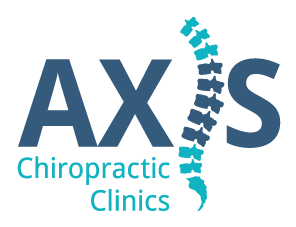
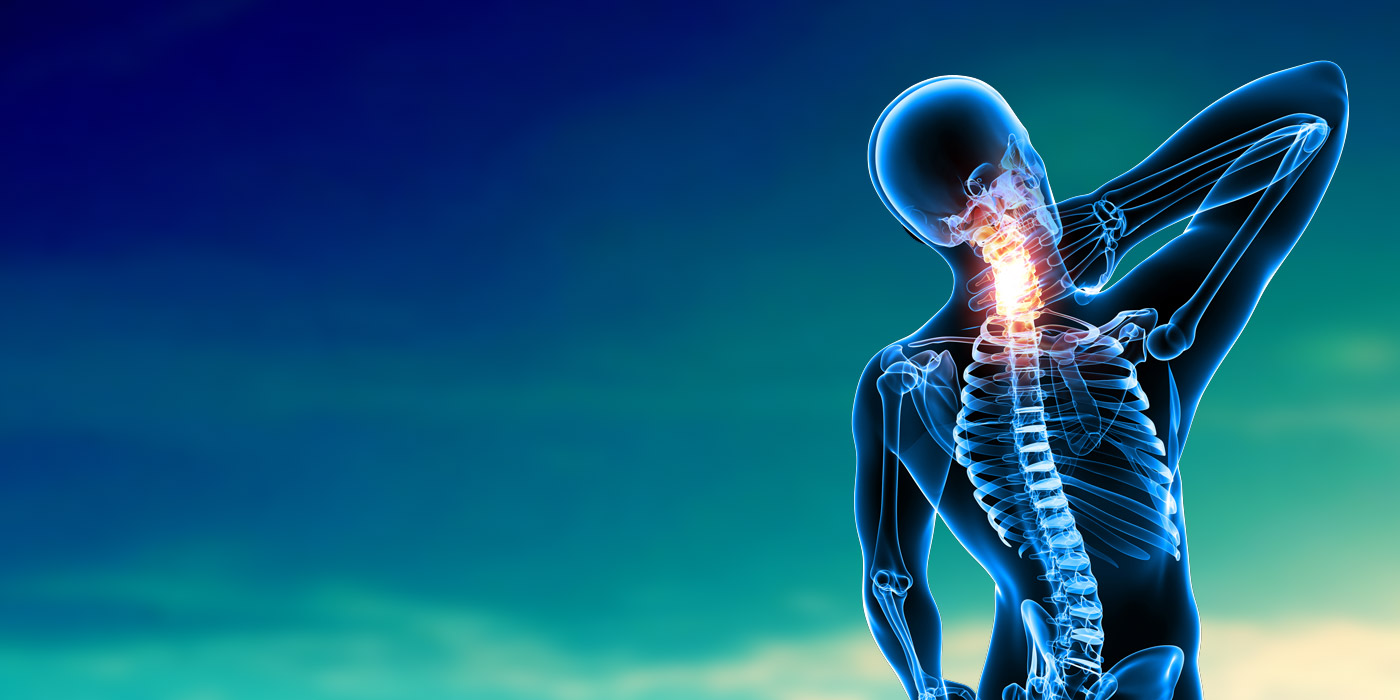
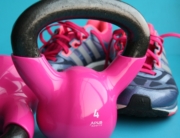
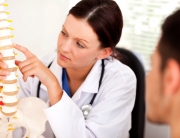

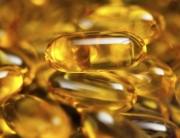
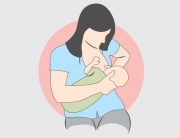
Recent Comments